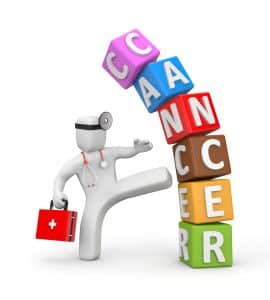How Can I Prevent Breast Cancer?

Maintain a Healthy Lifestyle:
- Eat a balanced diet: Focus on a diet rich in fruits, vegetables, whole grains, and lean proteins. Limit saturated fats and processed foods.
- Control your weight: Being overweight or obese can increase your risk of breast cancer, especially after menopause.
- Exercise regularly: Aim for at least 150 minutes of moderate-intensity aerobic activity or 75 minutes of vigorous-intensity aerobic activity per week.
- Limit alcohol consumption: Excessive alcohol intake is linked to an increased risk of breast cancer. If you drink, do so in moderation or consider abstaining altogether.

Breastfeed, if possible: Women who breastfeed may have a slightly lower risk of breast cancer. Breastfeeding can also offer health benefits for both mother and child.
Hormone Replacement Therapy (HRT): If you’re considering hormone replacement therapy to manage menopausal symptoms, discuss the potential risks and benefits with your healthcare provider. HRT has been associated with a slightly increased risk of breast cancer in some cases.

Stay Informed and Screen Regularly:
- Perform breast self-exams: While self-exams are not a substitute for mammograms, they can help you become familiar with your breasts and notice any changes.
- Mammograms: Follow recommended mammogram screening guidelines based on your age and risk factors. Early detection through regular mammograms can increase the chances of successful treatment.
Discuss Risk-Reduction Options: If you have a high risk of breast cancer due to factors such as a strong family history or genetic mutations (e.g., BRCA1 and BRCA2), consult with a genetic counselor and your healthcare provider about risk-reduction options, such as prophylactic surgery or medication.
Maintain Regular Healthcare Checkups: Regular checkups and open communication with your healthcare provider can help monitor your breast health and address any concerns or questions you may have.
Remember that while these steps can reduce your risk of breast cancer, they cannot guarantee prevention. Early detection is key, so regular screenings and breast health awareness are essential. If you have concerns or questions about breast cancer prevention, consult your healthcare provider for personalized guidance and risk assessment.
